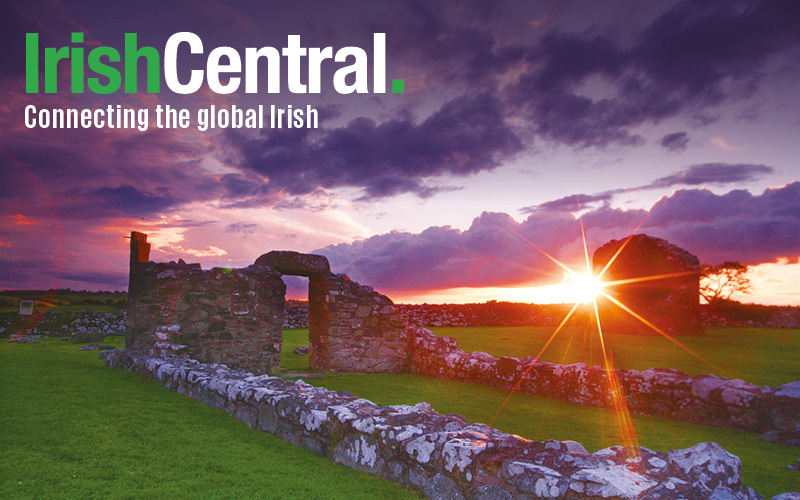When I was a teenager in Donegal in the 1980s my school used to call assembly at 11:15 a.m. Our headmistress, a stern nun from some town in the south, would always conclude these meetings with a famous prayer.
It’s the only prayer that I remember from those days and it struck me because it had some real poetry in it, even in translation from the original Latin.
It began: “Hail, holy Queen, Mother of Mercy, hail our life, our sweetness and our hope. To thee do we cry, poor banished children of Eve; to thee do we send forth our sighs, mourning and weeping in this valley of tears…”
Every Irish schoolboy or girl can recite it. I think it struck me because it assured us we had somehow been separated from our true mother, and “banished” or “exiled” here on earth, in a valley of tears, until she would come back to claim us.
Having lost my own mother early I was very moved by that idea, as I was by the idea of a heavenly mother who would return to restore us all some day. But it was more than just a vague promise, that prayer. It was an admission of something.
It explicitly acknowledged the difficulties of existence and it offered soft and soothing words to counter them. It even offered immortality and everlasting joy, two things that no one living has ever experienced.
I didn’t believe in supernatural powers then and I don’t now, but I did believe in the heart’s desire. And that prayer, first uttered in the middle ages, has probably survived so long because it gives voice to something deep inside most people: the desire to be healed, to be made whole, to be reunited with love and the best parts of human experience.
So in a way it exposed our own sacred hearts. It told the truth about us. It said we would find the business of living tough going but one day, with Our Lady’s help, we would one day know peace.
You really didn’t witness many instances of teenagers making themselves this vulnerable in the 1980s, so whenever we said this prayer I felt like we were suddenly naked, like I was seeing into their true selves for a moment.
More often, if they had a heart’s desire, it was likely wrapped up in a George Michael song and sung to their bedroom mirror. It was not admitted to in front of the whole school, where there was nowhere to hide.
This was especially true for boys. Emotions got you talked about in Ireland, so most young men usually decided early on that it would be much safer not to have them. Or at least not to have any conspicuous ones – it was usually easier to live, talk and act as if they didn’t exist.
Surprisingly, quite a lot of Irish girls preferred this arrangement too. It made life simpler even as it made it intolerable. You could suffocate yourself by denying their existence, but the trade-off was that was that you’d be accepted by your peers.
That’s because in Ireland, as in most tribal societies, being accepted was considered more important than being happy. And in between these moments of admission and the much longer moments of denial there was silence.
That silence, I eventually realized, was the measure of the distance between you and your heart’s desire. I am haunted by Irish silence and by all the people I knew who disappeared into it.
There were few parts of public life that the Catholic Church did not influence or direct. We gave them access to our politics and philosophy; we even gave them access to our heart’s desires.
It is now obvious to most of us that we were very foolish to do this. If you give someone the power of life and death over you, you really need to determine if they’re equipped to handle it.
What I eventually discovered was that the church had offered salvation but had also created a society where I could not tell anyone what was in my own heart.
Oh, there was nothing in my heart that was much different to any one of my peers, but I found myself completely silenced. To speak up meant that I would lose everything – my education, the love and support of my peers, the love and support of my family.
To speak up meant I would instead experience sharp discrimination and near total rejection, and almost certainly violence, at the most vulnerable time in my life.
So instead of being allowed my own dignity as a young gay kid, my teachers, most of whom were proxies for the church, told me that hell was where I was headed when I died, and they helped to foster a living hell to prepare me.
The banished children of Eve were people like me, I discovered. Only it was the church doing the banishing.




Comments